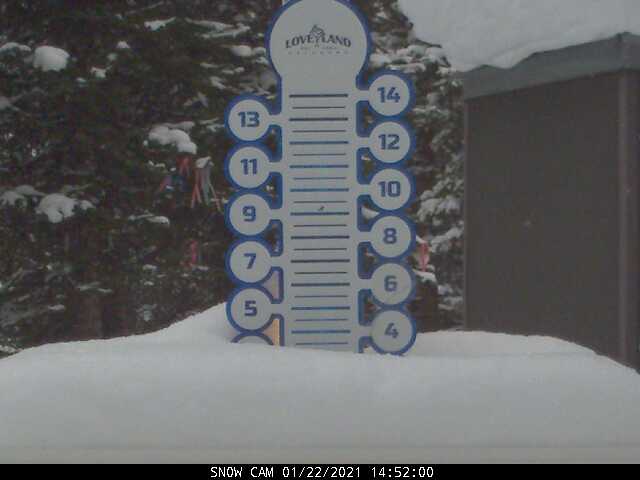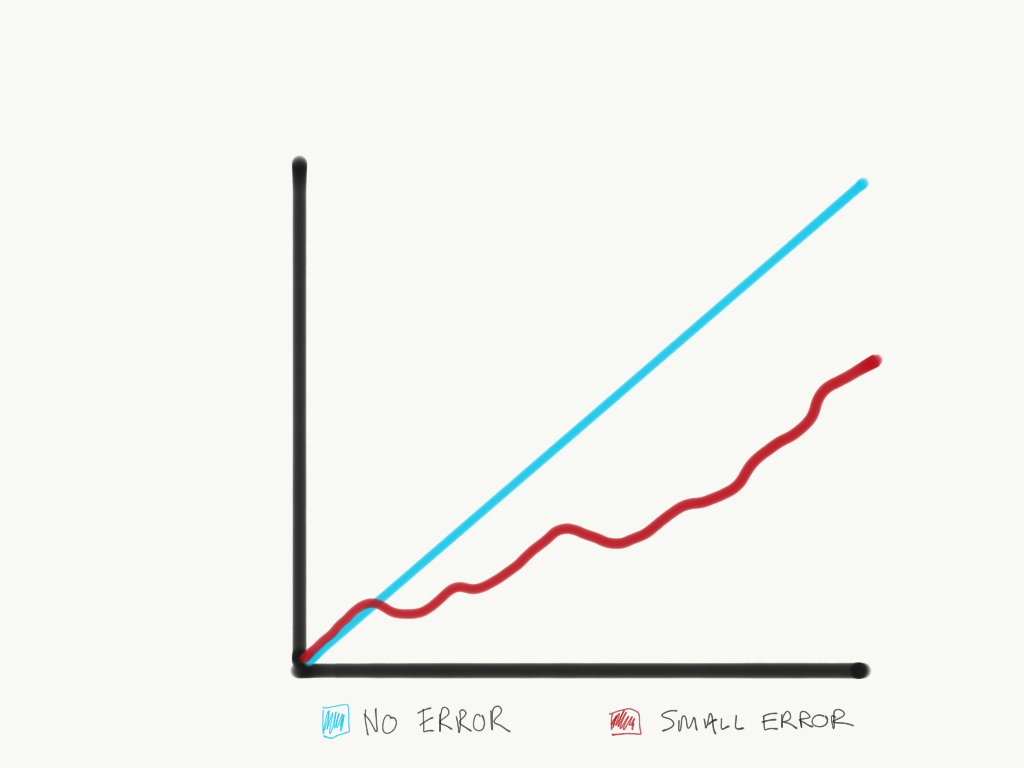
You go to bed, a smile on your face. The forecasts are calling for 10 inches this weekend. You fall asleep thinking about catching the first chair of the day, and the silky turns through knee-deep snow that will follow.
However, upon waking up on Saturday, you check the resort website to see the snow report. Only 4 inches. What happened? Why aren’t the forecasts very accurate?

Weather is hard to forecast. Really hard. One thing that makes it so hard to forecast is a concept in chaos theory known as the butterfly effect.
The butterfly states that small actions can have big implications in the future. In the context of weather, tiny, seemingly irrelevant changes in the atmosphere can lead to drastic results in the future. The further out in the future you go, the larger and larger these discrepancies become.

The forecast models can tell us a lot about trends. They’re great about telling us whether there will be a lot of snow or none at all, but they’re terrible at telling us whether the snow totals will be 12 or 13 inches. This is because said tiny variations don’t significantly impact larger trends, whereas they do impact specifics like snow accumulation.
And, unfortunately, because of this effect, weather forecasts will never become 100% accurate. We may be able to inch closer and closer to complete accuracy, but we will never truly achieve it.